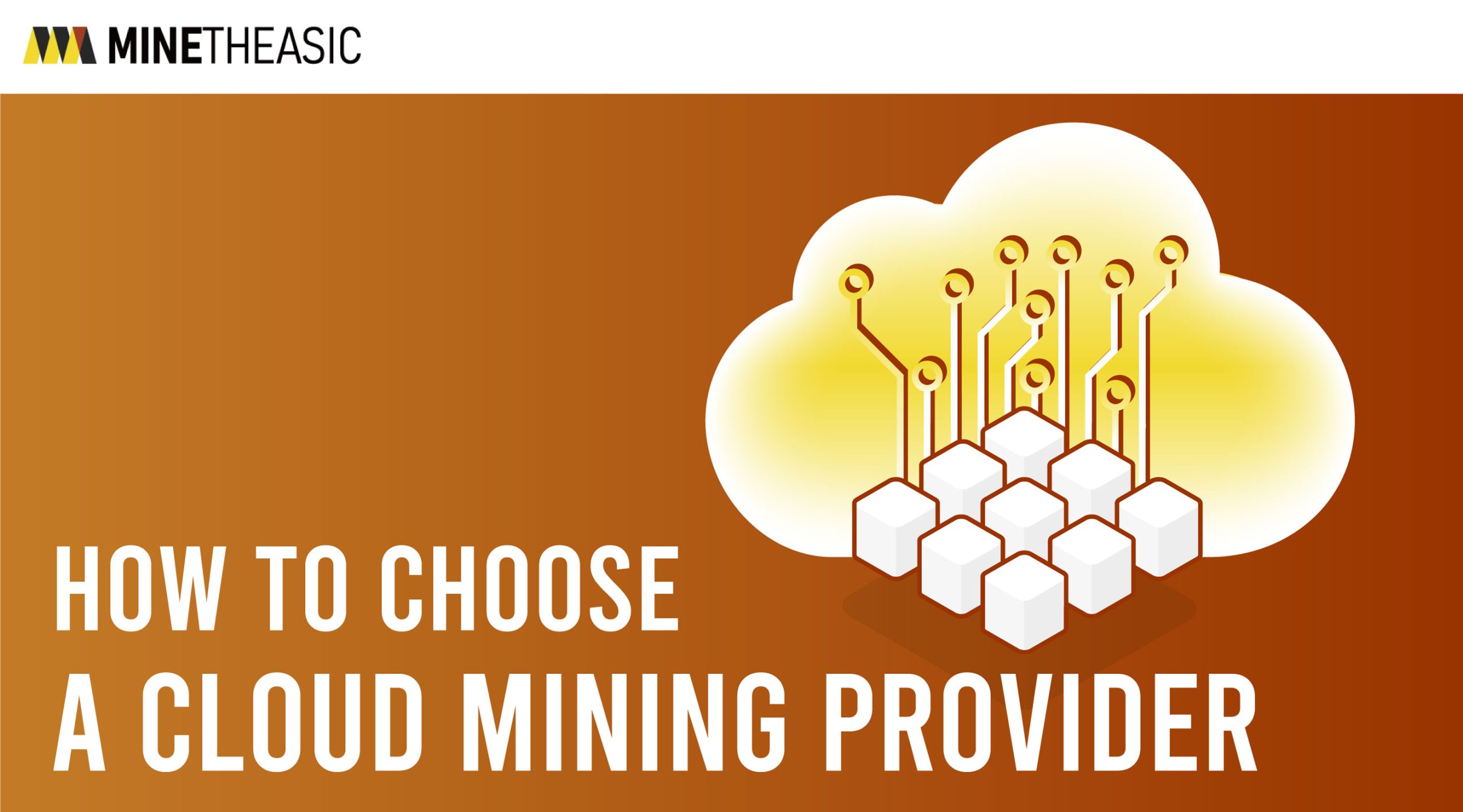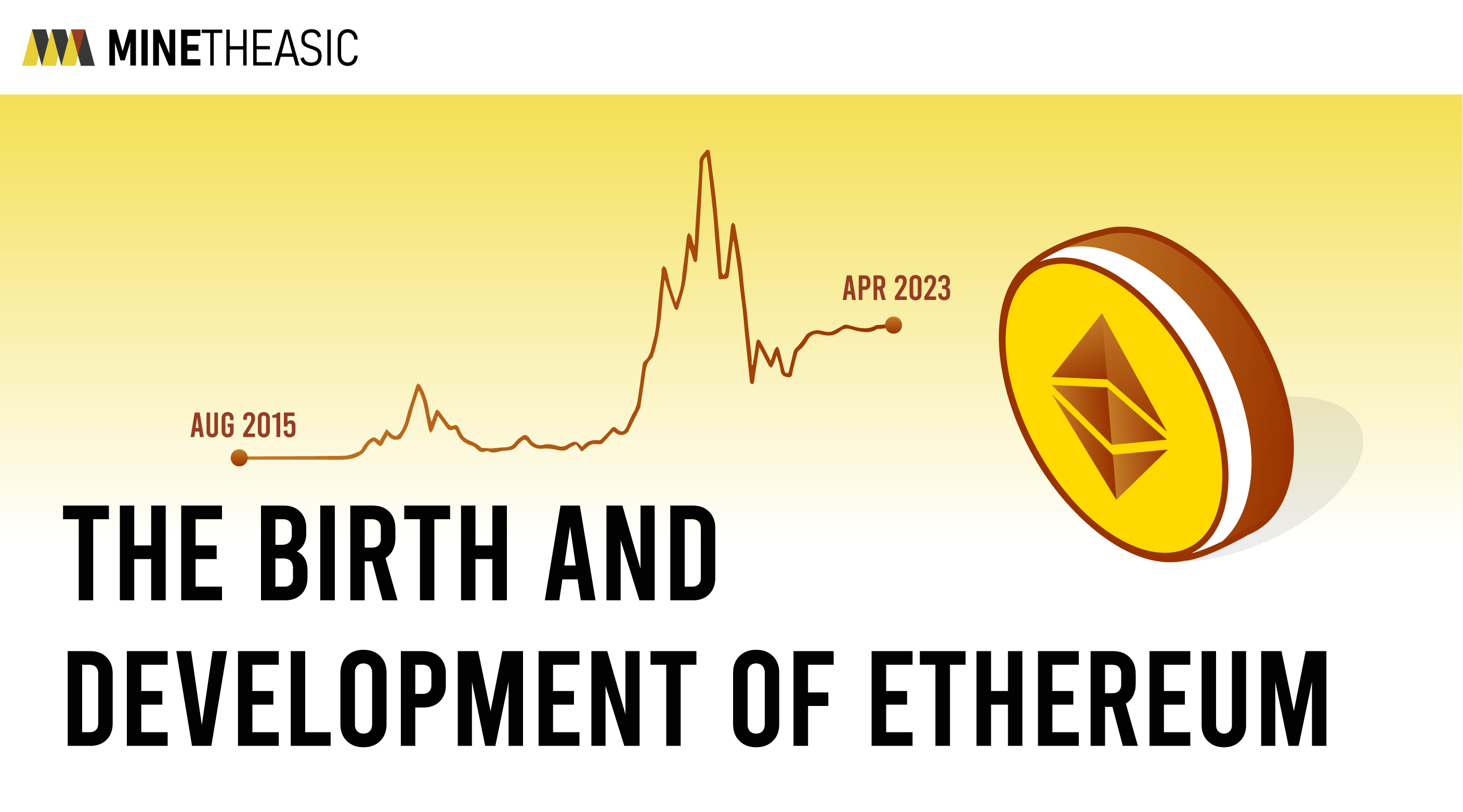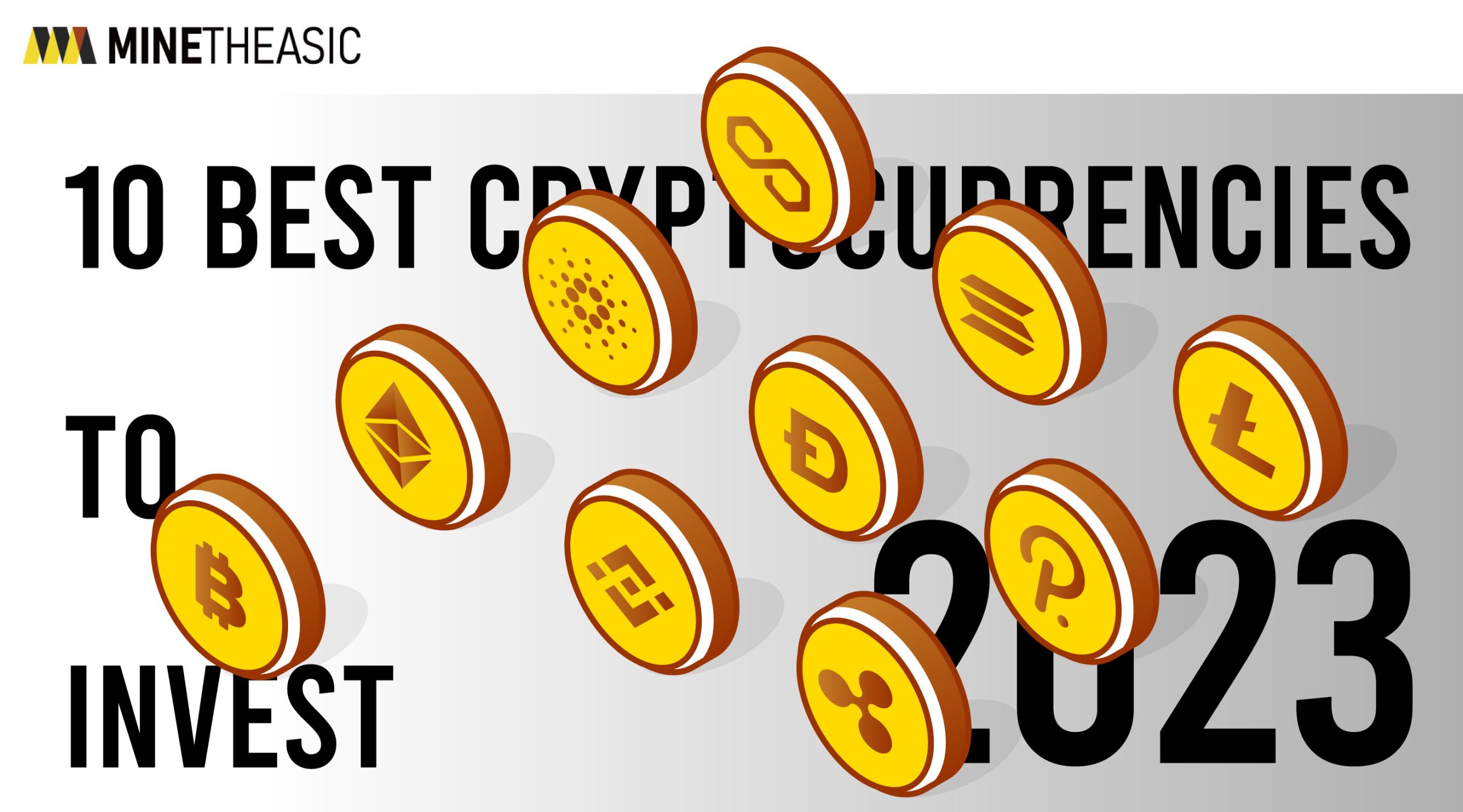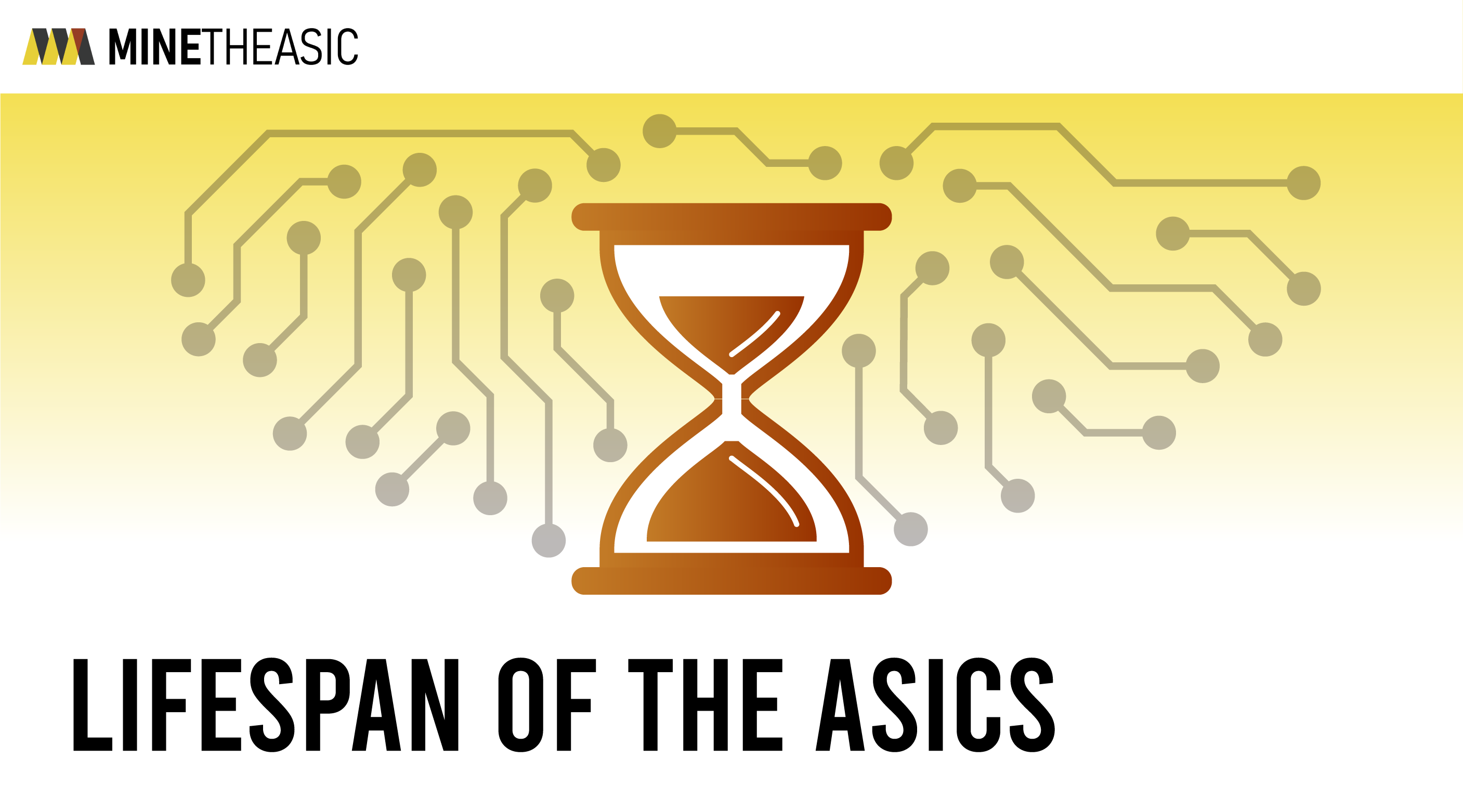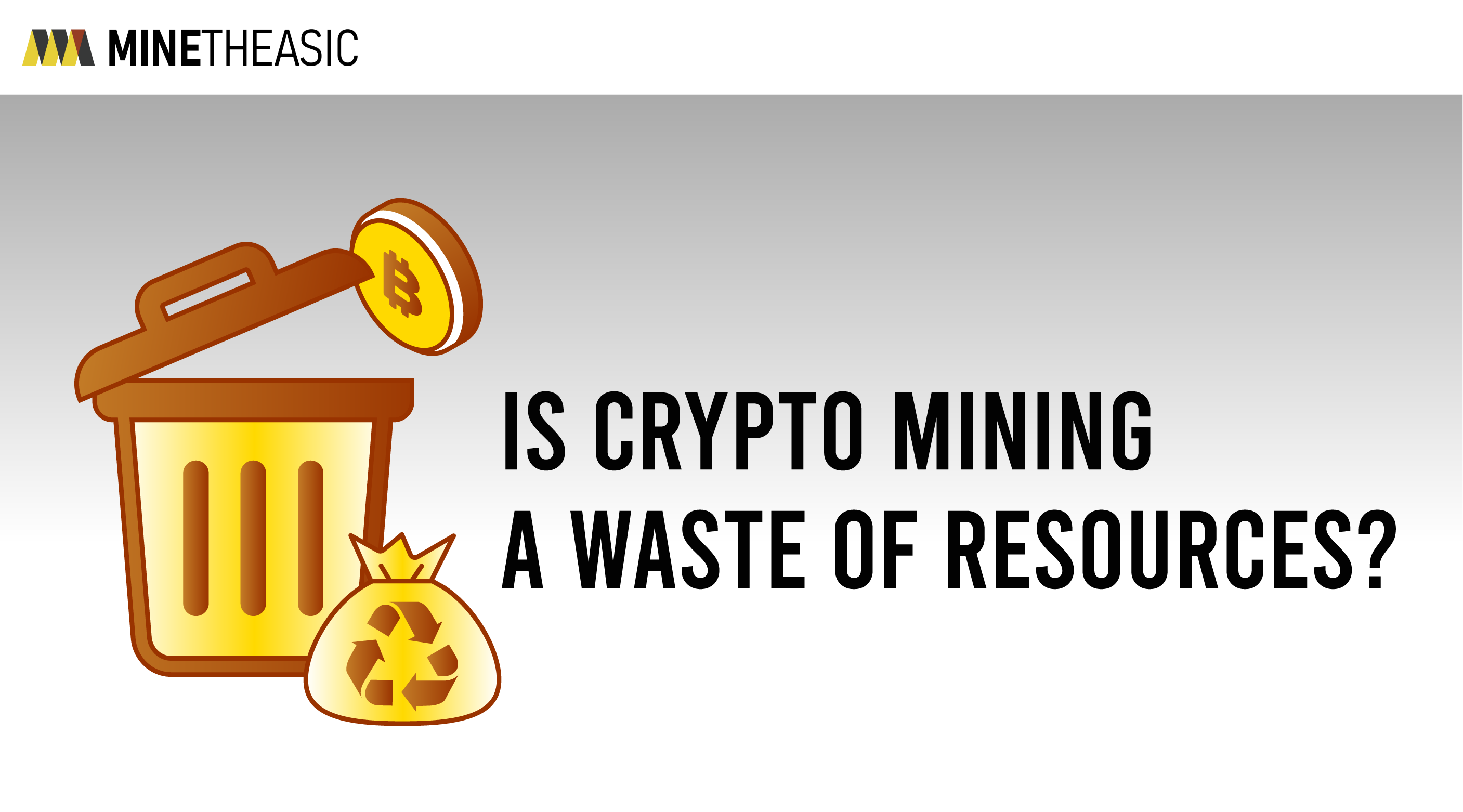Did you know that the first cryptocurrency was developed in 1990? This is a fact many people are surprised to learn, as crypto didn’t become notably popular until nearly two decades later.
Cloud mining is a highly efficient method when it comes to producing cryptocurrency, but not everybody understands how the process works. So, what is cloud mining?
We’ve put together a brief guide that details everything you need to know when looking to mine cryptocurrency through this process.
Let’s dive in.
What Are the Benefits of Cloud Mining?

What Is Cloud Mining?
As the name suggests, cloud mining is a service that allows users to rent computing power from a cloud mining provider, which then uses that computing power to mine cryptocurrency on behalf of the user. The user pays a fee to the provider in exchange for access to hash rate, which is the processing power required to mine cryptocurrency.
Furthermore, cloud mining is different from traditional mining, which requires users to purchase and operate their own mining hardware. With cloud mining, the user does not need to worry about the technical details of the mining process, as the provider takes care of everything.
Cloud mining providers typically offer a variety of contracts that allow users to rent hash rate for a specified period of time. The contracts may be for a fixed amount of hash rate, or they may allow users to adjust the hash rate they are renting based on their needs.
Nevertheless, the mining process itself is the same as with traditional mining. The rewards are distributed to the user based on their share of the total hash rate rented. This means you can mine cryptocurrency without having to invest in expensive mining devices yourself or constructing your own rig. In context, cloud mining is the same as any other form of crypto-mining, with the exception that it’s done in the cloud.
How Does Cloud Mining Work?
This process operates by miners paying a fee to rent out the processing power from remote data centers. Cloud mining doesn’t require any special skills, as it’s easy to set up and doesn’t require technical knowledge of cryptocurrency or cloud computing.
A more detailed explanation reveals that the cloud mining provider hosts specialized hardware designed for cryptocurrency mining, such as application-specific integrated circuits (ASICs).
The miners pay a fee to access services hosted by these centers and, in return, get to use the processing power of their rigs.
They can then mine cryptocurrency with their rented computing power. The fees paid by miners also cover the costs of running and maintaining the data center, as well as a portion of each block reward mined.
The process of cloud mining is similar to traditional mining, except that users do not need to purchase and operate their own mining hardware. Instead, they simply purchase a hash rate contract from a cloud mining provider and begin earning rewards.
The cloud mining provider handles all aspects of the mining process, including setting up and maintaining the hardware, managing the mining software, and handling any technical issues that arise. This makes it much easier for users to get started with mining, as they do not need to worry about the technical details.

What Are the Benefits of Cloud Mining?
This process comes with a large number of different advantages that you can leverage. Understanding will help you decide whether or not it’s right for you.
Let’s explore some of the most notable.
1.Minimalist Setup
As previously mentioned, you don’t need to invest much in setting up and maintaining the infrastructure needed to mine cryptocurrency when using cloud mining.
All you need is a computer connected to the web, allowing you to access the platform or data center that’s hosting your desired crypto-mining setup. The low start-up cost of cloud mining makes it more accessible than conventional methods.
2.Flexibility
When it comes to cloud mining, you can benefit from a variety of different contracts.
It will allow you to set a plan that’s tailored to your specific needs and budget. Additionally, you can typically switch up the coins you’re mining with minimal effort.
This is one of the most important attributes to keep in mind about cloud mining. Having a flexible process can mean the difference between whether or not you are able to reach your target metrics.
3.Scalability
Perhaps one of the best advantages is that cloud mining allows you to scale your operations up or down as needed, without needing to acquire more hardware or sell existing equipment. This means that, as the value of cryptocurrency increases, you can quickly and easily scale up your mining efforts in order to take advantage.
4.No Noise or Heat
Mining cryptocurrency can be a noisy and hot process, especially if you have a large number of mining rigs. Cloud mining eliminates this issue since you are not physically mining the cryptocurrency yourself.
5.Diversification
By investing in cloud mining, you can diversify your cryptocurrency portfolio. Rather than investing all of your funds in one type of cryptocurrency, you can spread your investments across multiple cryptocurrencies and cloud mining providers.
What Risks Are Present?
As you might expect, there are certain risks associated with cloud mining that you need to know about. This will help you avoid publications in the future that you may have otherwise had to deal with.
Let’s take a closer look.
1.Scams
One of the most prominent risks associated with cloud mining is falling victim to a scam.
This could be anything from being tricked into signing up with unlicensed or illegitimate providers, as well as paying excessive fees for services that don’t deliver results. Be sure to properly research any companies you’re considering using, including checking whether they have a legal license to offer cloud mining services.
As long as you conduct enough research, you shouldn’t encounter any issues.
2.Low Profitability
Due to the increasing competition in the crypto-mining space, you may find that returns on your investments are lower than expected. This is especially true if you’re using outdated hardware or trying to mine coins without the right setup.
Additionally, some providers may not be transparent with their fees, leading to higher costs than expected.
You will likely need to spend time optimizing your workflow or setup. Otherwise, you may not find it to be profitable.
3.Cybercrime
Hackers often target cloud mining operations due to their high-value targets. This can put your funds, data, and computing power at risk of being stolen or destroyed. As such, it’s important to ensure that your provider has top-notch security measures in place and takes proactive steps to monitor for threats.
Be sure to use strong passwords and two-factor authentication when possible.
Unfortunately, ransomware is one of the most common cyberattacks people experience. This is malicious software that encrypts data on your computer and then demands payment for you to regain access.
However, the FBI claims you should never pay the ransom. There is no guarantee that the hacker will provide access to the encrypted data after you paid them. The money they receive from you will also help fund future attacks.
4.Lack of Transparency
Cloud mining providers may not provide full transparency into the mining process, which can make it difficult for users to verify that the provider is actually mining cryptocurrency on their behalf. This can create a risk of fraud or mismanagement.

The Bottom Line
Cloud mining of cryptocurrency can be an attractive option for people who want to participate in mining without having to purchase and operate their own hardware. It offers a low barrier to entry, no need for specialized hardware, low maintenance costs, no noise or heat, and the ability to diversify your cryptocurrency portfolio. However, there are also drawbacks, including less control, less profitability, a risk of scams, limited transparency, lack of flexibility, and market volatility.
When considering cloud mining, it is important to choose a reputable and trustworthy provider that offers transparent mining processes, clear contract terms, and a proven track record. It is also important to understand the risks and potential downsides of cloud mining, and to have realistic expectations about the profitability of this venture.
Ultimately, the decision to participate in cloud mining will depend on a variety of factors, including your personal preferences, risk tolerance, and investment goals. If you are interested in cloud mining, it is recommended that you research various providers, read reviews and testimonials, and compare the costs and benefits of different contracts. You should also consider diversifying your investments and not putting all of your resources into cloud mining.
In addition to cloud mining, there are other ways to participate in cryptocurrency mining, including solo mining and pool mining. Solo mining involves mining cryptocurrency on your own, using your own hardware and software. This can be more profitable than cloud mining, but also requires a significant investment in hardware and electricity costs. Pool mining involves joining a group of miners who combine their hash power to mine cryptocurrency more efficiently. This can be a good option for those who want to mine cryptocurrency with a smaller investment in hardware.
In conclusion, when considering cloud mining, it is important to research various providers, understand the risks and potential downsides, and have realistic expectations about the profitability of this venture. It is also recommended that you consider diversifying your investments and not putting all of your resources into cloud mining alone.










